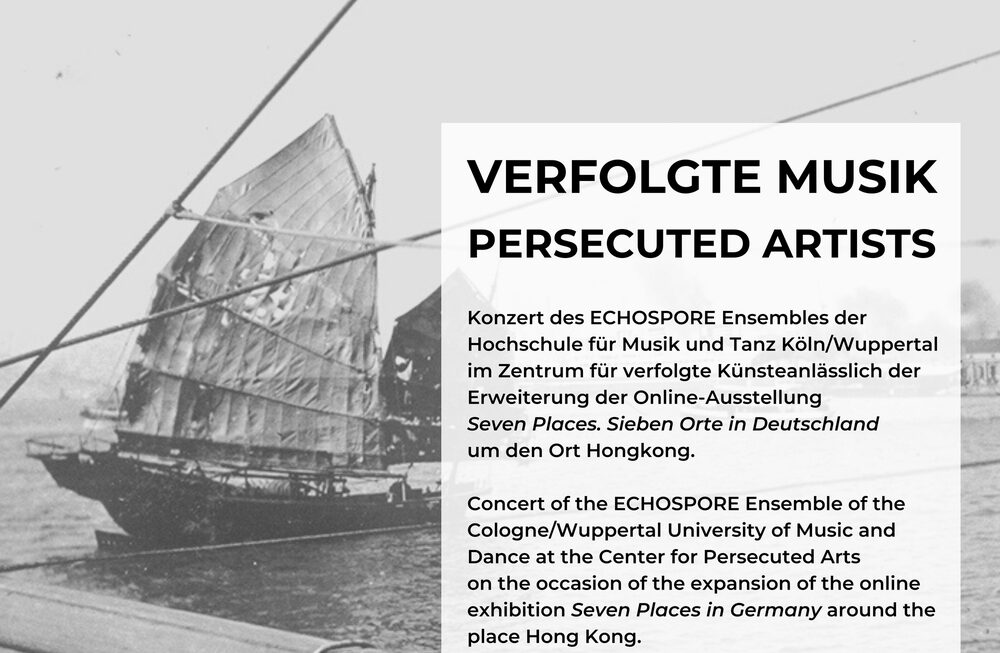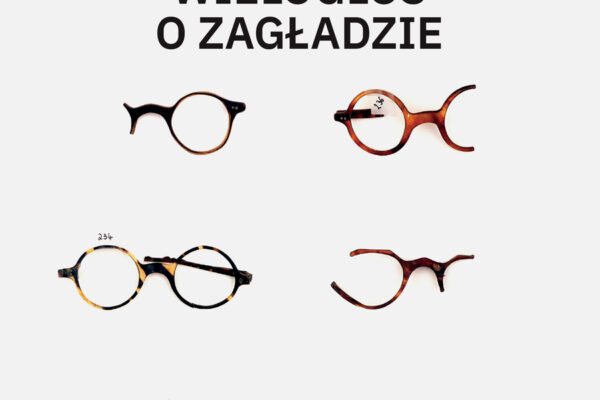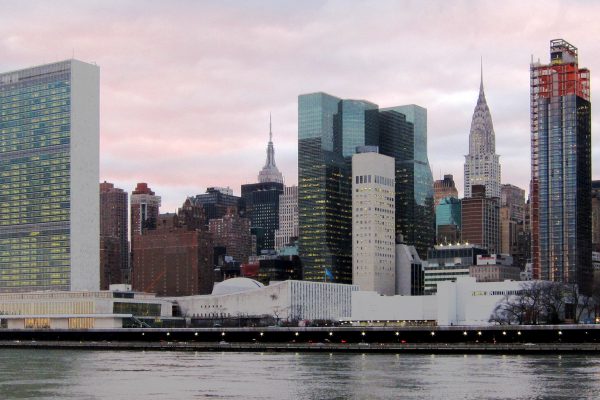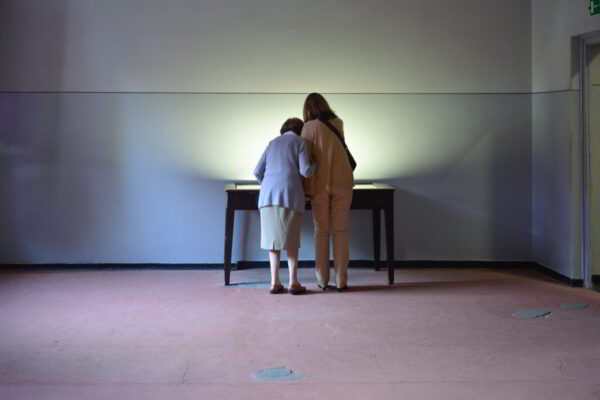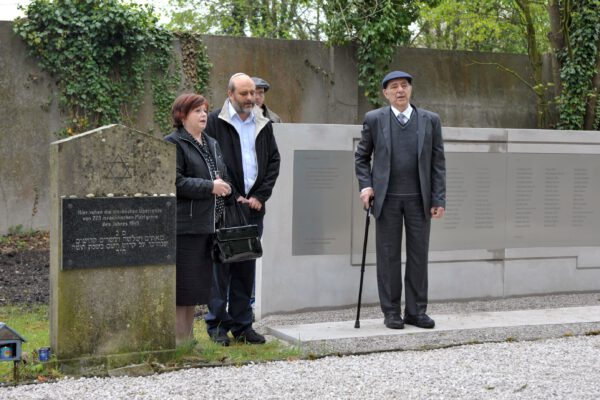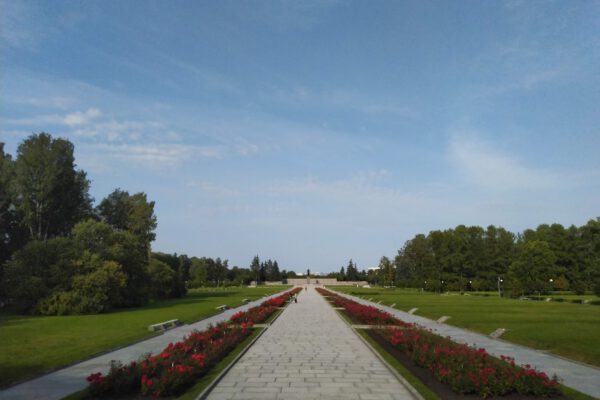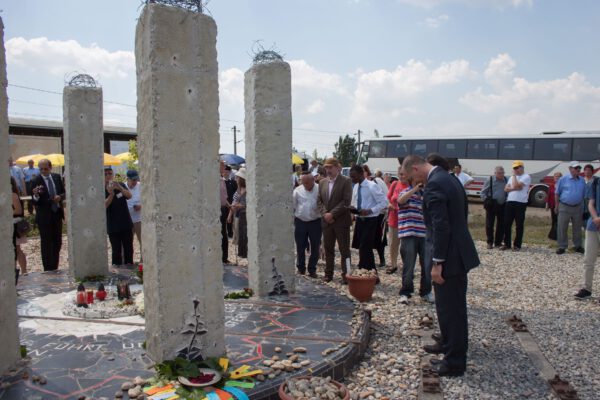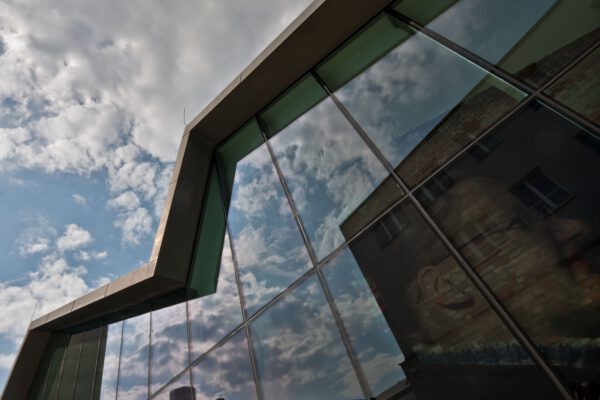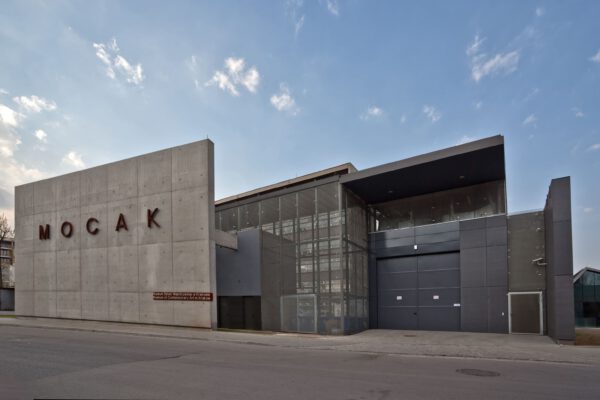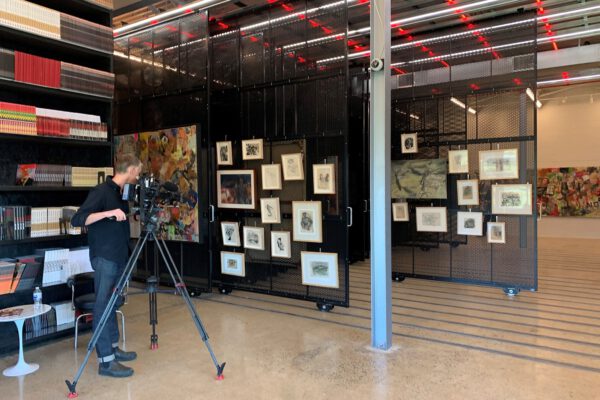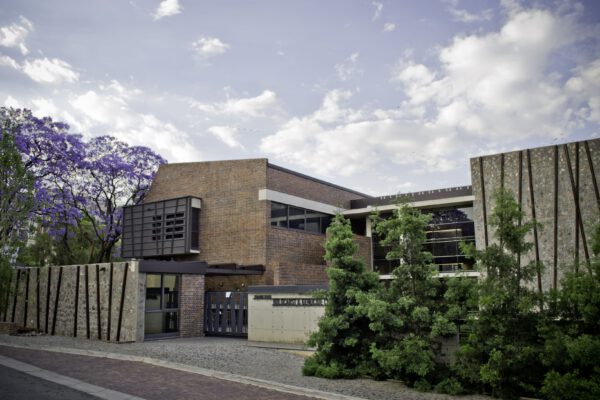Seven Places. For a year now, Seven Places in Germany has shown not only the catastrophe of National Socialism and the destruction of Jewish life in Germany, but also its resurrection and the culture of remembrance to this day. Now Seven Places is taking the step from the digital world into reality and will also […]
Curatorial Talk with Maria Anna Potocka
On Wednesday, December 9th, 2020, the Curatorial Talk with Maria Anna Potocka, Director of the MOCAK Museum for Contemporary Art Krakow and Jürgen Kaumkötter, Director of the Museum Center for Persecuted Arts Solingen took place as a ZOOM video conference. Built on the site of Oskar Schindler’s former factory, the work of MOCAK is always […]
Opening of 7places
On November 9, 2020, Federal Foreign Minister Heiko Maas and Melissa Fleming, Under-Secretary-General for Global Communications of the United Nations opened the online exhibition “7Places – Seven Places in Germany”. The United Nations and the Museum Center for Persecuted Arts Solingen are presenting the multilingual online exhibition “7Places – Seven Places in Germany” in this […]
‘Phantoms: Journeys Following the Relics of Totalitarism’ by Dana Arieli
My work on the Phantoms Project started in 2009. At that point I was teaching history of the art in Bezalel (Academy of Art and Design in Jerusalem) and my research dealt mainly with the interrelations between art and politics in Germany and Israel. During that year I was invited to a tour by the […]
A commemorative stone for 228 Hungarian Jewish massacre victims
In the night from May 2 to 3, 1945, just five days before the end of the war, members of the Waffen-SS shot 228 Jewish men, women, and children who had been deported from Hungary to Austria for forced labor in the spring of 1944. As of mid-April, they were interned in a transit camp […]
Unveiling of the memorial plaque to the Jewish people at the Piskaryovskoye Memorial Cemetery
The Piskaryovskoye Memorial Cemetery is the world’s largest cemetery dedicated to the victims of the Second World War. Of the nearly 500,000 people buried here, 70,000 were soldiers and 420,000 civilian victims. Since its inauguration on May 9, 1960, it is the official site for the performance of military honors granted to the victims of […]
Inauguration of the memorial for the victims of the Strasshof transit camp
The memorial is a place of commemoration for the victims of the Strasshof transit camp. At the local cemetery alone, there are roughly 500 people buried who died in this camp. The task force Verein Arbeitsgruppe Strasshof (VAS) commissioned the artist Karl Heinz Schreiner to design the memorial, the seven columns of which symbolize the […]
Opening of the MOCAK Museum in Krakow
The project of creating a museum of contemporary art in Kraków, which had been discussed for years both within the artistic community and the local government, finally became reality towards the end of 2004, when the Municipality of Kraków purchased the land and buildings on the site of the former Schindler factory at Lipowa Street […]
The program of the MOCAK Museum of Contemporary Art in Krakow
The program of MOCAK, which has been active since February 1, 2010, encompasses the presentation of the latest international art, education, and research and publication projects. MOCAK’s two most important aims are the presentation of the art of the two last decades in the context of the post-war avant-garde and conceptual art, as well as […]
Mission of the Boris Lurie Art Foundation
The Boris Lurie Art Foundation is dedicated to reflect the life, work, and aspirations of the founder and to preserve and promote the NO!art movement with its focus on the social visionary in art and culture. Boris Lurie, A Holocaust survivor who emigrated to New York in 1946, was very active in the post-war New […]
The Johannesburg Holocaust & Genocide Centre (JHGC)
The Johannesburg Holocaust & Genocide Centre (JHGC) is a place of memory, education and lessons for humanity. It explores the history of genocide in the 20th century with a focus on the case studies of the Holocaust and the 1994 genocide in Rwanda. It examines the connections between genocide and contemporary human rights issues, urging visitors […]

